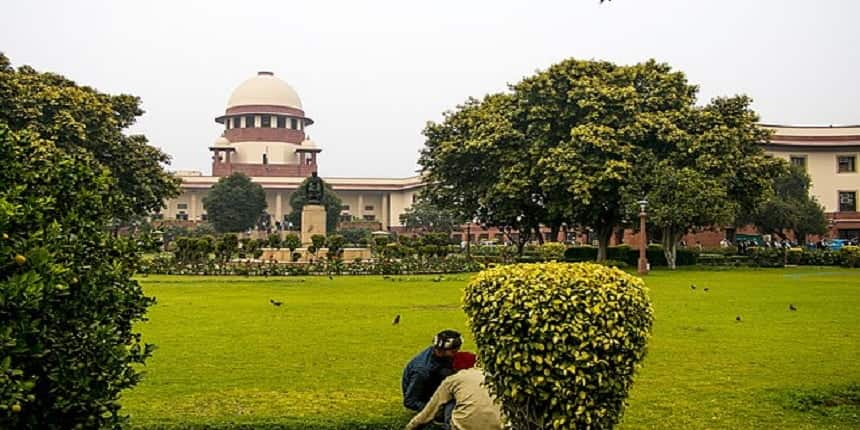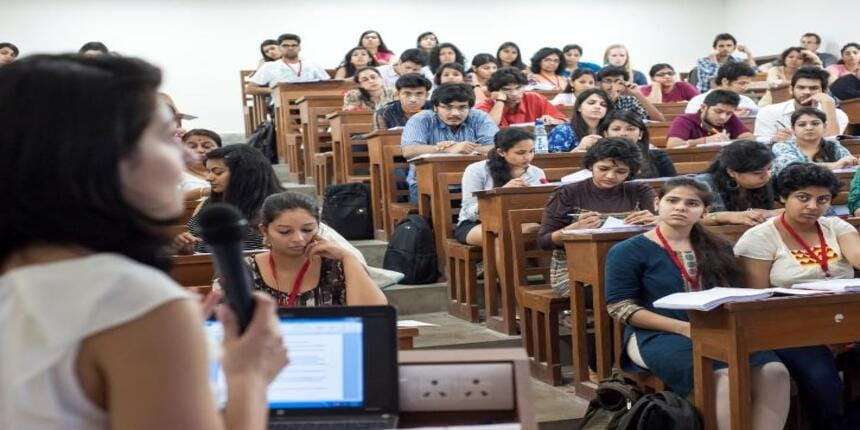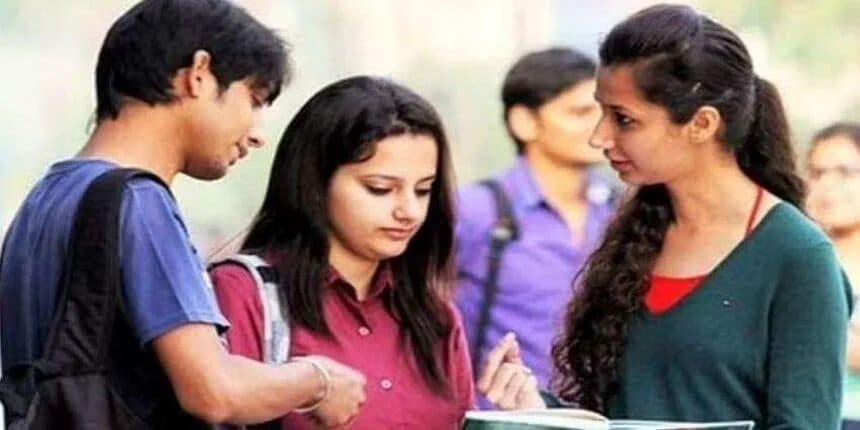SC dismisses plea for exempting Maharashtra private schools from admitting EWS students
The Maharashtra government had exempted private schools within a one-kilometer radius of government or aided schools from providing a 25% quota for EWS students.

Press Trust of India | August 9, 2024 | 06:43 PM IST
NEW DELHI: Children from the Economically Weaker Section (EWS) category must attend good schools, the Supreme Court said on Friday while dismissing a plea against an order of the Bombay High Court which quashed a February 9 notification of the Maharashtra government.
The notification of the Maharashtra government had exempted private schools within a one-kilometre radius of government or aided schools from providing a 25 per cent quota for students belonging to "weaker section and disadvantaged group in the neighbourhood".
A bench comprising Chief Justice of India (CJI) D Y Chandrachud and Justices J B Pardiwala and Manoj Misra said when the children studying in these private schools interact with EWS students, they will understand what truly the country is. The top court said the government schools can never compete with the private schools however good they may be. "Children from the EWS category must attend good schools. When the children studying in these schools interact with EWS students, they will understand what truly the country is. Otherwise they will just live in cocoons of fancy gadgets and cars," the bench said.
"Obligation is not just of the state but everyone who has received benefits of being brought up in this great country to ensure that people who are less fortunate get the benefit of moving ahead on the social ladder," it said. Sharing his experience, the CJI said he was the first one in his family to study in an English medium school. While quashing the notification, the high court had said the notification was ultra vires (beyond legal power) to Article 21 of the Constitution and the provisions of the Right of Children to Free and Compulsory Education Act, 2009, also known as Right to Education (RTE).
Also read AICTE, Skillible launch advanced technical education programme; to benefit 1 million students
A bunch of petitions had challenged the notification claiming it contravened the provisions of the RTE Act. The notification exempted the private unaided schools within a one-kilometre radius of a government-run or aided school from reserving 25 per cent of seats for economically weaker and disadvantaged children.
Prior to the notification, it was mandatory for all unaided and private schools to reserve 25 per cent of their seats for such children. The pleas said the notification violated children's constitutional right to education. According to the petitioners, the notification was unconstitutional and contrary to the RTE Act which entitles children from weaker and disadvantaged sections to free education. Under the RTE Act, 25 per cent of the seats at the entry level Class 1 or pre-primary section in private unaided schools must be reserved for children from the economically weaker and disadvantaged sections. These students get education free of cost, while the government reimburses their tuition fees to the schools.
Follow us for the latest education news on colleges and universities, admission, courses, exams, research, education policies, study abroad and more..
To get in touch, write to us at news@careers360.com.




